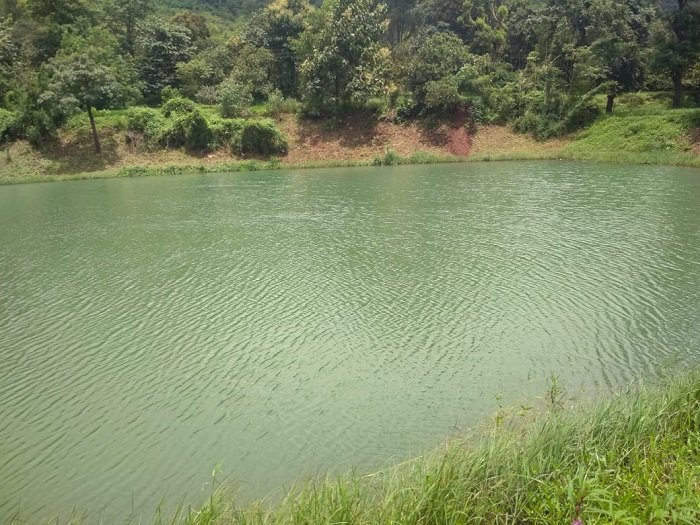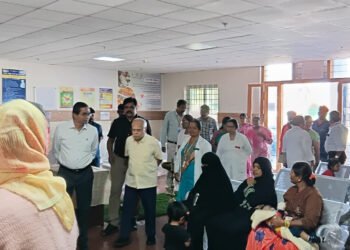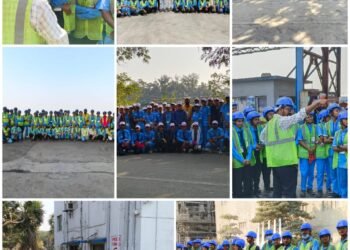Tata Capital, the financial services arm of the Tata Group, is dedicated to using its resources and expertise to make a positive impact on local communities and the environment, and JalAadhar is a prime example of this commitment in action
1. Introduction
In a world where access to clean water and sustainable farming practices are increasingly important, Tata Capital’s JalAadhar initiative is making a significant impact in rural areas of Maharashtra and Tamil Nadu.
2. Improving Water Access and Groundwater Resources
Tata Capital has launched JalAadhar, a project aimed at improving water access and increasing groundwater resources in rural areas of Maharashtra and Tamil Nadu. The initiative aims to provide irrigation water and clean drinking water to local communities, as well as improve farmer income through increased efficiency in water use and crop diversification.
3. The Impact
Since its inception in 2016-2017, JalAadhar has successfully treated 6,000 hectares of land and impacted 22 villages and over 15,000 farmers. It has also created 4.1 million liters of water harvesting capacity and led to an average increase of INR 19,000 per crop through crop diversification. In the next three years, JalAadhar plans to restore an additional 6,000 hectares of land.
The project aligns with Tata Capital’s Sustainable Development Goals and focus on integrated water resource management and water-use efficiency.
4. Achieving Success and Aligning with Sustainable Development Goals
“We at Tata Capital are proud of the results JalAadhar program has given over the years,” said Sridhar Sarathy, SVP of CSR at Tata Capital. “It is in line with our Sustainable Development Goals and focuses on integrated water resource management and water-use efficiency. Our commitment to impact the local communities will continue with a larger goal of water conservation as we have seen the difference it created on the entire ecosystem.”
Note for Readers: We hope that you enjoyed reading this article and found it useful and thought-provoking. If so, please consider sharing it within your network and on social media.
Declaimer: Reprinting or republishing this article in web media or other formats is not permitted by India CSR.
(CopyRight@India CSR)






















